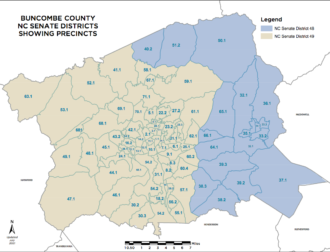In preparation for the 2022 general election of Tuesday, Nov. 8, Xpress sent questions to all candidates in contested local races representing Buncombe County voters. Responses from candidates for the N.C. General Assembly, Buncombe County-level races, Asheville city government and local school boards are all collected here.











